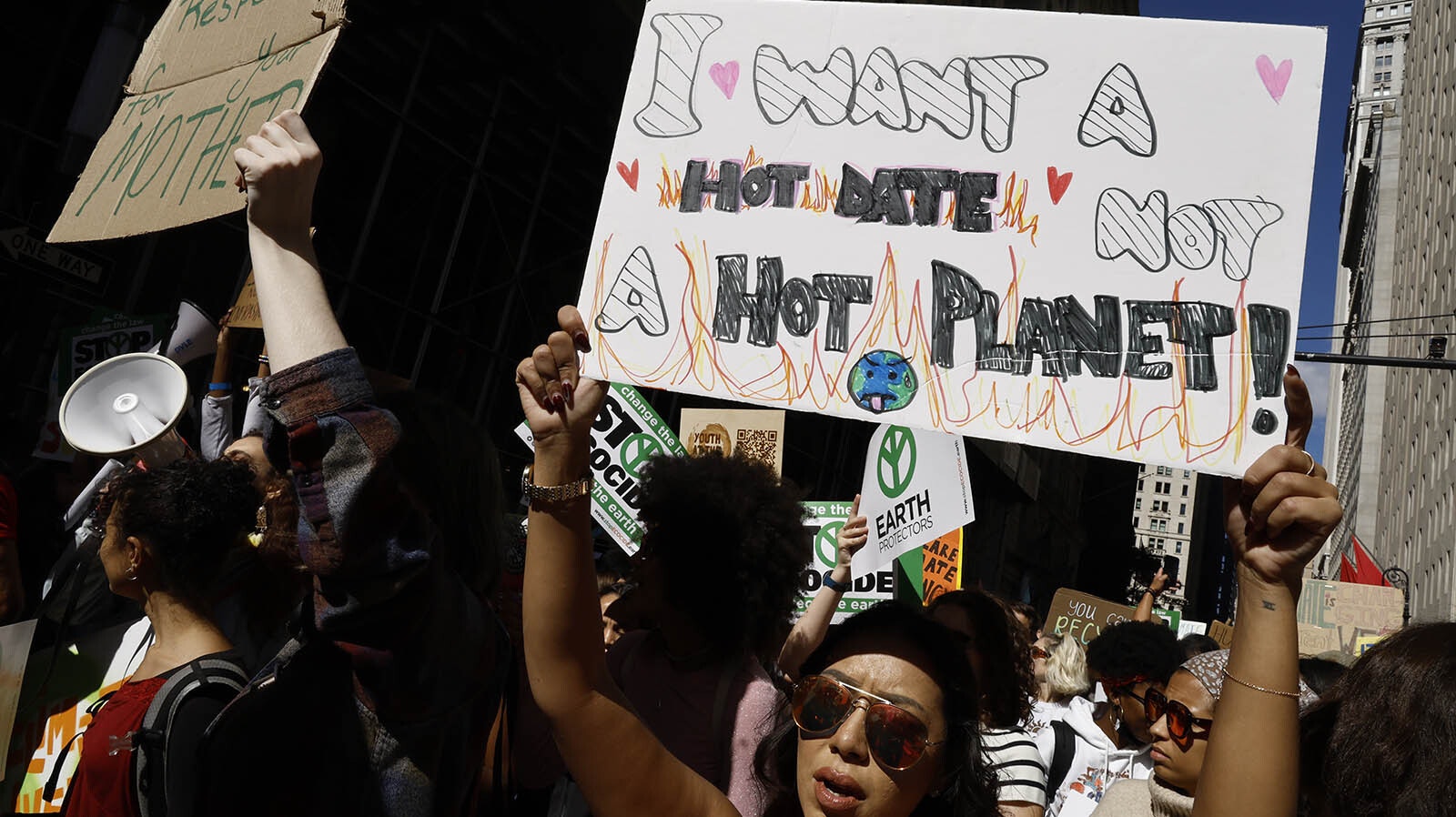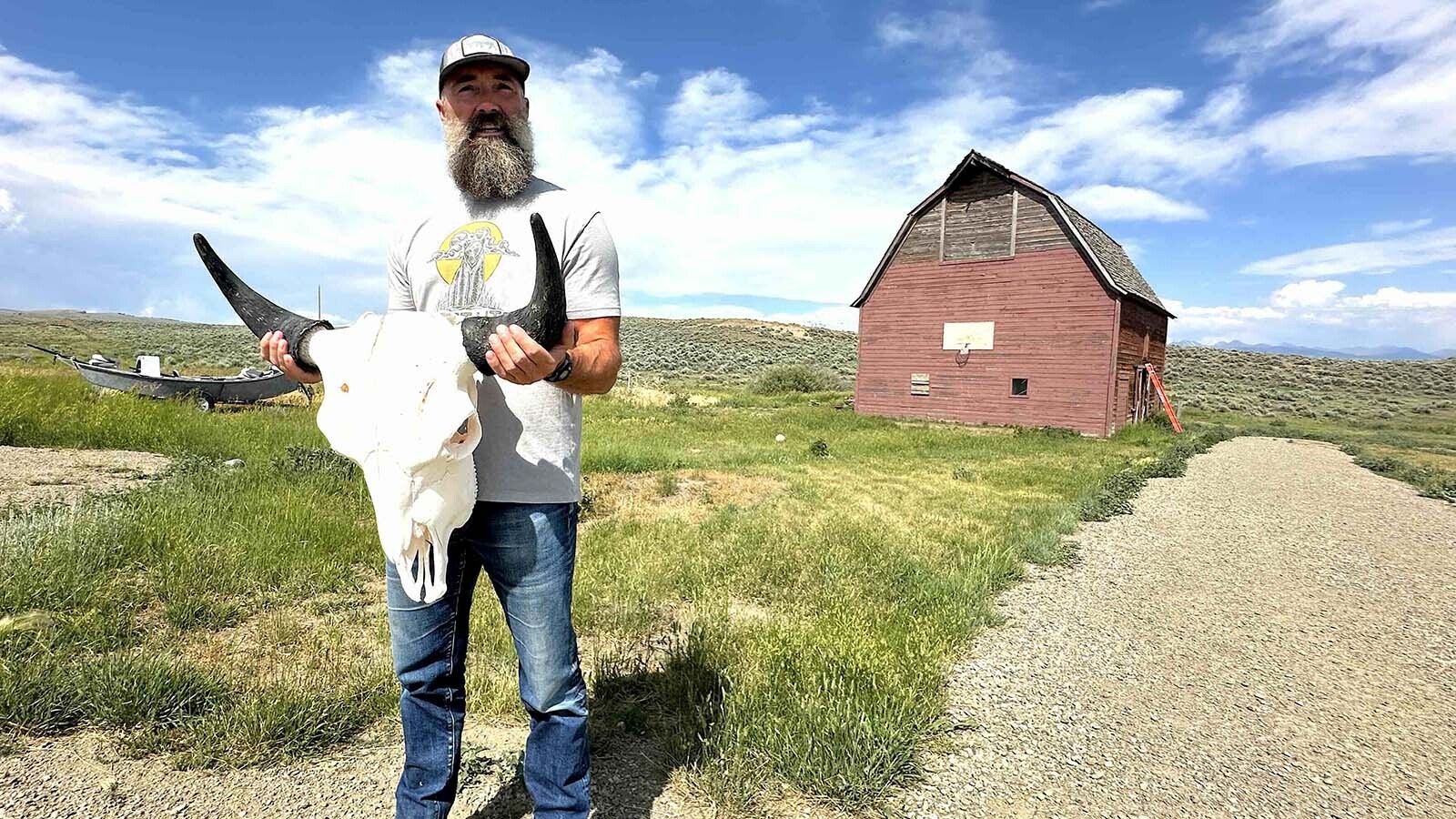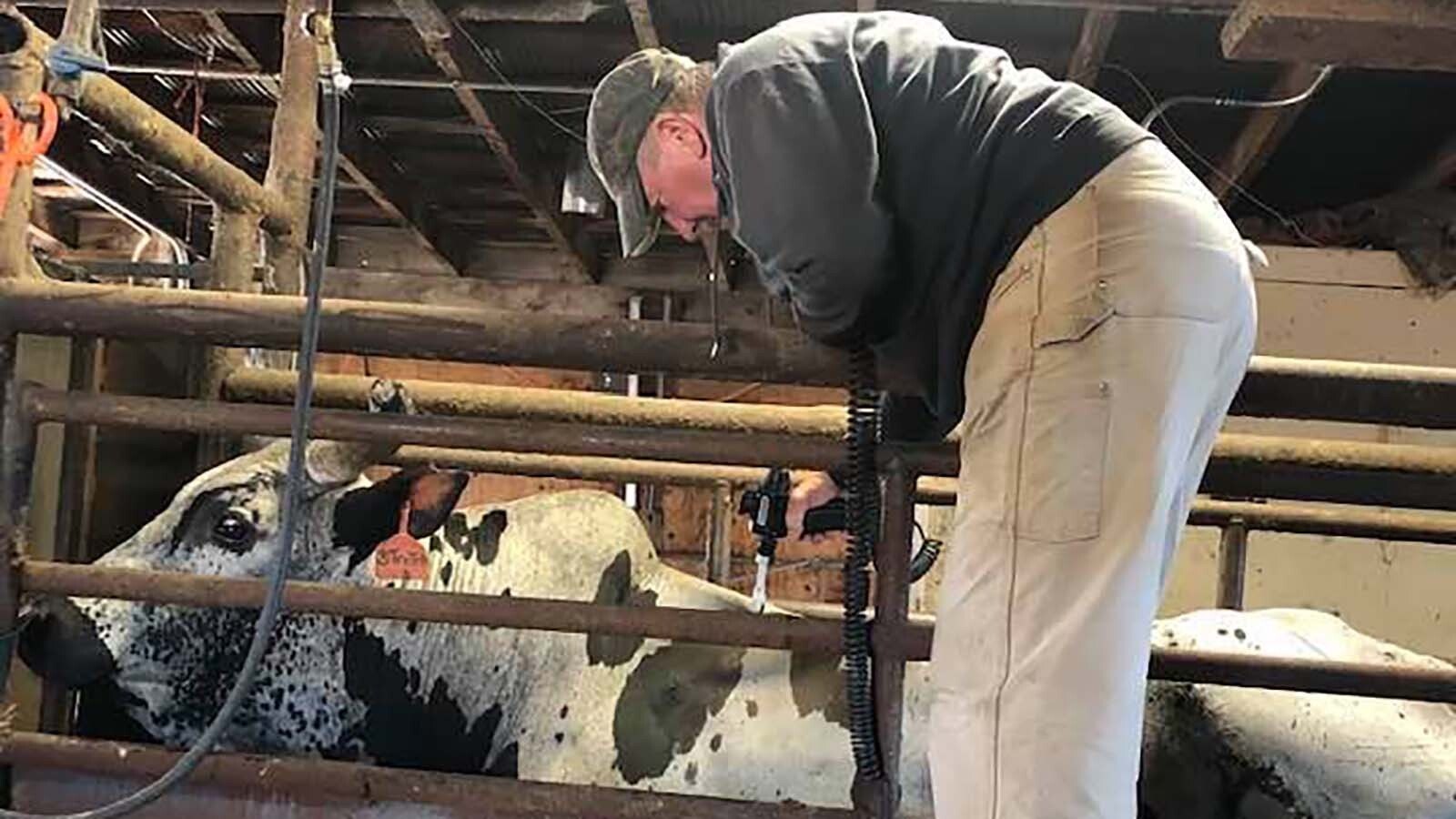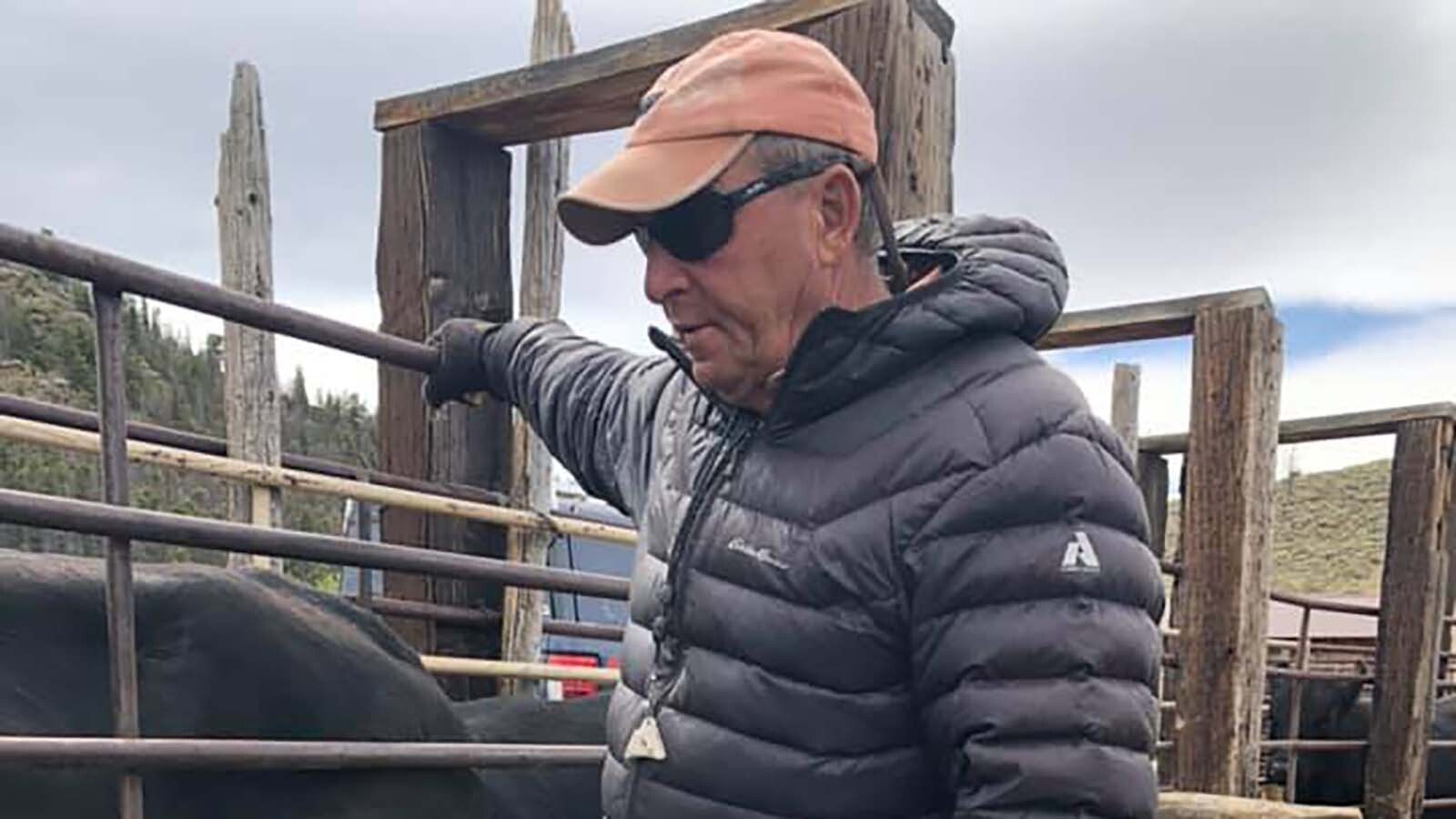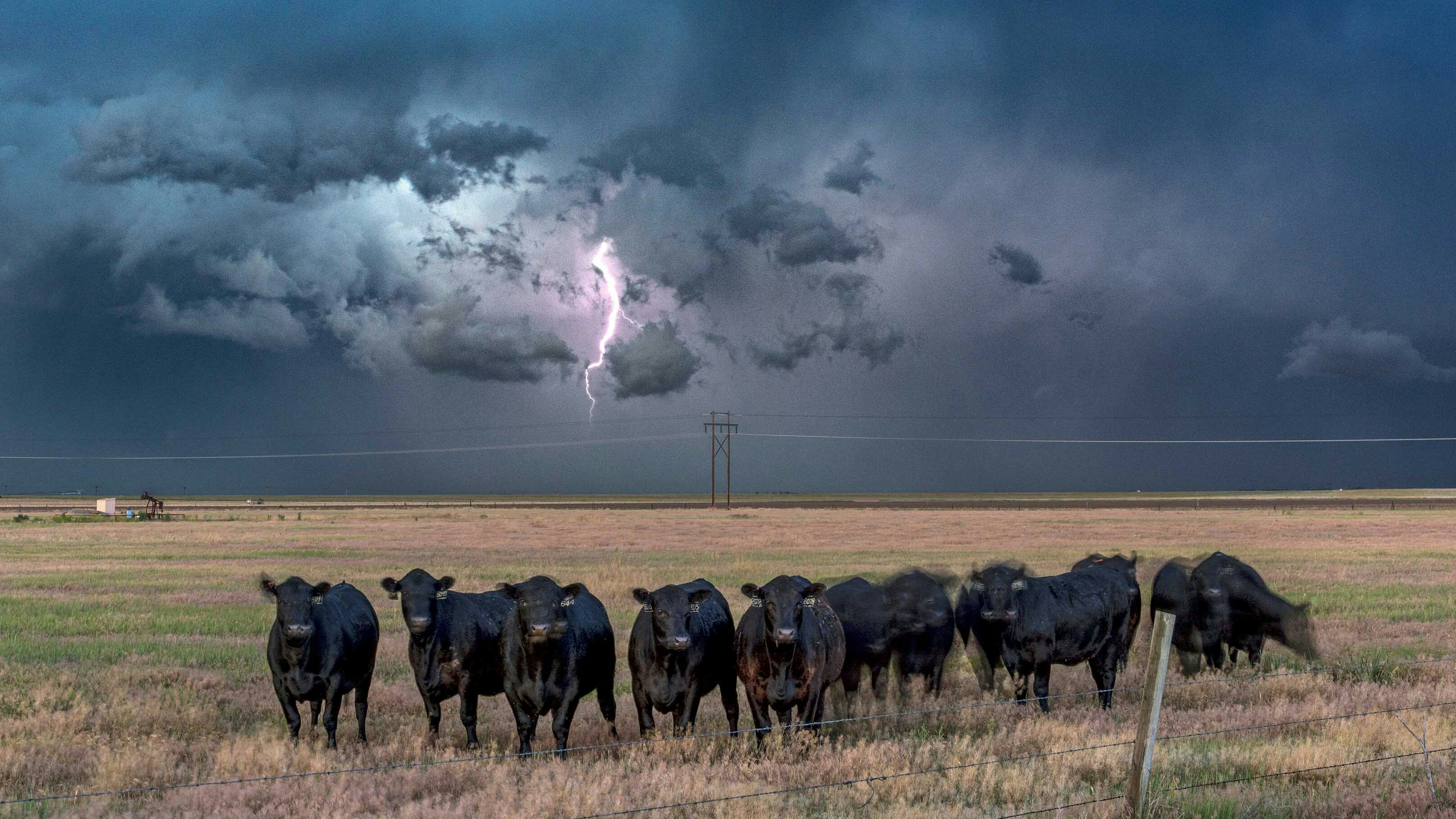A U.N. intergovernmental body began developing a report this week that will have a lot of influence over policymakers and could shape further regulations toward greater restrictions on fossil fuels.
Ahead of the report’s release, U.N. Secretary-General Antonio Guterres urged nations to quickly phase out fossil fuels.
“We are nearing the point of no return of overshooting the internationally agreed limit of 1.5 degrees Celsius of global warming. We are at the tip of a tipping point,” he said.
Distilling Science
The International Panel on Climate Change (IPCC), which is a consortium of the world’s leading climate scientists, began meeting in Switzerland this week to deliberate on its Summary for Policy Makers of the Synthesis Report.
The report distills six assessment reports that consist of thousands of pages of highly technical material into a more concise, readable document that advises policymakers around the world on how to address climate change.
The 2018 version of the report is what led Rep. Alexandria Ocasio-Cortez, D-New York, to declare in January 2019 that “the world is going to end in 12 years.”
The report didn’t actually suggest any such thing, but the summaries are read by politicians.
Drawing Interest
Gerald Kutney, who describes himself as a commenter on print and social media on the politics of the climate crisis, wrote “Carbon Politics and the Failure of the Kyoto Protocol.”
Kutney told Cowboy State Daily the book is a study of the different international politics of climate change. It gives an overview of the IPCC process and the major actors that were involved in the group’s evolution.
“The point I’m trying to make in the book is there were no saints and there were no sinners in the process. It doesn’t matter who you look at, everyone was trying to look at this for their own advantage,” Kutney said.
Kutney explained the synthesis report is one that draws a lot of interest.
“For most politicians in the world who are interested in the subject, if they’ve looked at anything at all, they will look at the synthesis report,” Kutney said.
At the meeting in Switzerland, there’s a lot of deliberation between representatives from all nations. Some have scientific backgrounds, Kutney said, but they are usually politically appointees.
The bureaucrats debate over the wording of the report, and Kutney said they often get hung up on adjectives.
“Anything that can have an emotional tie-in they want removed. There can be debates for hours over one simple word,” Kutney said.
Finding Consensus
Kutney said there hasn’t been a situation where the group failed to come to some consensus in which the report gets scrapped.
“That would be quite an international scandal,” Kutney said.
However, there can be situations where a representative of an oil-producing nation pushes back against a statement that’s particularly critical of fossil fuels. Sometimes, when they can’t find a consensus on a particular word or phrase, the whole thing is just removed.
Ultimately, they come to a consensus on a final report, which is not to say they all agree with everything in the report. They just won’t object to it.
Death Knell
There can be large differences between the language used in these summaries and other special reports by the IPCC and what the actual research says.
When the IPCC released its sixth assessment reports in summer 2021, Guterres called it a “code red for humanity” that “must sound a death knell for … fossil fuels, before they destroy our planet.”
In fact, the research in the assessments is far more tame than Guterres’ statements.
Dr. Roger Pielke, professor of environmental studies at the University of Colorado at Boulder, has a series of articles on his Substack called “What the media won’t tell you about …” Each covers another type of extreme weather, comparing media coverage to what’s actually in the IPCC assessment reports, which is much more nuanced and filled with uncertainties that go under-reported.
Low Confidence
For example, on floods, the IPCC states: “In summary, there is low confidence in the human influence on the changes in high river flows on the global scale. … There is low confidence in attributing changes in the probability or magnitude of flood events to human influence because of a limited number of studies, differences in the results of these studies and large modeling uncertainties.”
It’s the same case with hurricanes. “[T]here is still no consensus on the relative magnitude of human and natural influences on past changes in Atlantic hurricane activity,” the IPCC states.
With droughts, the IPCC concludes there are weak or insignificant trends. For heat waves it projects an increase around the world, but there are caveats about the intensity and location of those heat events.
Yet, IPCC press conferences are filled with catastrophic rhetoric. The 2018 summary discussed how much emissions had to be reduced to prevent warming greater than 1.5 degrees Celsius above pre-industrial levels.
Reason science writer Ronald Bailey explained in a 2019 article that Ocasio-Cortez misinterpreted this as a point where disaster occurred. Activists, including Swedish activist Greta Thunberg, repeated the claim.
As lead author of the IPCC report, Myles Allen explained in a 2019 article in The Conversation that the IPCC does not draw a boundary “beyond which lie climate dragons.”
He urged activists to stop saying that “something globally bad is going to happen in 2030.”
Markers Of Flourishing
Dr. Matt Wielicki, now an assistant professor in the Department of Geological Sciences at the University of Alabama, regularly comments on his disagreement with the idea that climate change, which he believes is happening, will cause catastrophic results.
Wielicki told Cowboy State Daily that the summary, whatever it ends up saying, should be considered against data showing multiple markers of human flourishing.
For example, he said deaths from climate-related natural disasters, according to the non-partisan International Disaster Database, are down 98% since 1920. This is particularly remarkable, Wielicki said, because the world population grew from 2 billion to 8 billion in that time.
Though IPCC researchers are dedicated to studying the impacts of climate change, this scientific data is not cited once in any of the assessment reports.
Follow The Money
Wielicki cited Pielke’s research into normalized costs of natural disasters. While it’s been reported that disasters are costing more every year, these figures don’t adjust for changes in wealth over time.
If a hurricane hit Miami Beach in 1920, the amount of development impacted would be far less than today. When these differences are accounted for, there is actually a downward trend in the costs of natural disasters.
Wielicki said it’s important to remember that the IPCC is a U.N. body made up of politicians with an agenda.
“These are bureaucrats, and they’re pushing a policy. They have a huge amount of investment in renewables, particularly wind and solar, and their goal is to pocket money,” Wielicki said.

